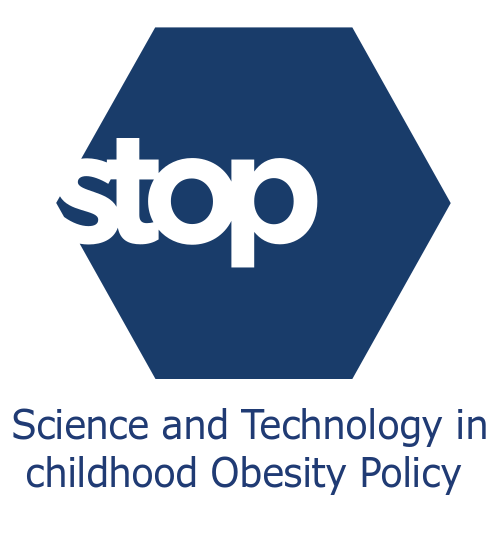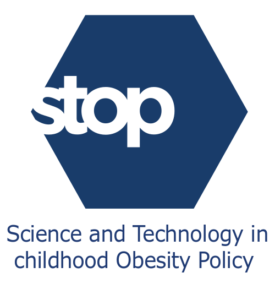The second and final workshop of Work Package 3 (WP3) within the Policy Evaluation Network (PEN) project took place at the University of Bologna on 6-8 September 2021, under the title “Quantifying the impact of food and lifestyle policies: Challenges, perspectives, and synergies in the identification of causal effects and model-based simulations”.
As envisaged in such title, the workshop looked at the complex intersection between ex-post methods based on observational data (or “natural experiments”), and model-based microsimulation approaches, with a special emphasis on the application of these methods to the evaluation of fiscal measures such as soda taxes and other measures targeting the nutrient profile of foods and diets. The second day of the workshop was open to external participation. It had a clear (health) economics perspective, with external keynote talks from Franco Sassi (Imperial College and STOP co-ordinator), Pierre Dubois (Toulouse School of Economics and Institute of Fiscal Studies), David Frisvold (University of Iowa and Co-Editor of the Journal of Policy Analysis and Management), Federico Perali (University of Verona), Annalisa Belloni (World Health Organization), and closing remarks from Timothy Beatty (University of California, Davis).
PEN researchers delivered presentations, stimulating a fruitful discussion on future directions to optimise the application of different methods and exploit their different strengths to inform policy-making with strong evaluations, which will inform the remaining work in the final stretch of the PEN project. The workshop had a hybrid format with live participation and online attendance from 21 different countries overall.
Details on the full program and the keynote speaker profiles can be found here. A summary of this workshop can be found at the PEN website here.

